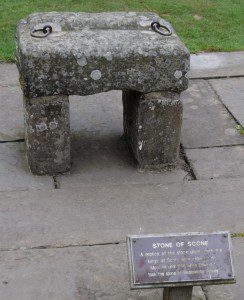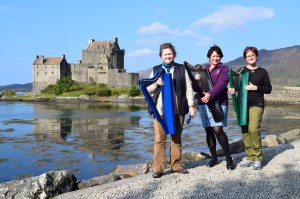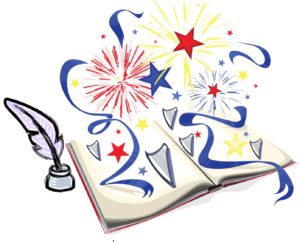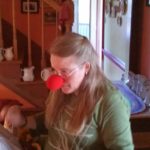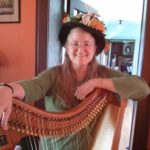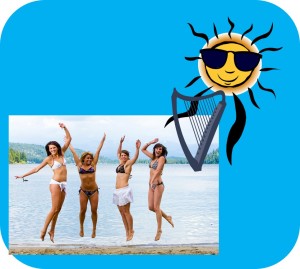Jack London is quoted as saying, “You can’t wait for inspiration. You have to go after it with a club.” 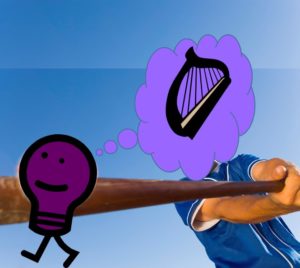
Every day we have to build our motivation to get onto that bench. Every day we have to work to maintain our proficiency and to get just a little bit better. Every day that we decide to skip sitting on the bench to do that work takes us a little farther away from what we want – in our heads and in our hearts. And every day a big something, or a hundred little somethings, get between us and that bench. And every day that we don’t make it to the bench makes the next day just a little easier to skip.
And so, every day, we have to get inspired, motivated to get on that bench. But, as Mr. London said, we cannot just sit idly by, awaiting the momentous arrival of that inspiration. Rather, we have to hunt for it…and some days, we need that club! We have to do not only the work that we set out to do, but we also have to do the additional work of digging in and finding our inspiration – the right fit for each day, and applying it to ourselves.
Some days the inspiration can be learning, another day it might be fear (the dreaded upcoming competition perhaps?), and on another day it might suffice to be the joy of being at your harp. The toughest days are those in which you can’t identify the right inspiration – but that can be just what you needed that day – some distance – but not distance from the harp!
So, don’t wait for inspiration to fall from the sky – make your own. Apply it to your day – with (or without) a club! See you on the bench.

